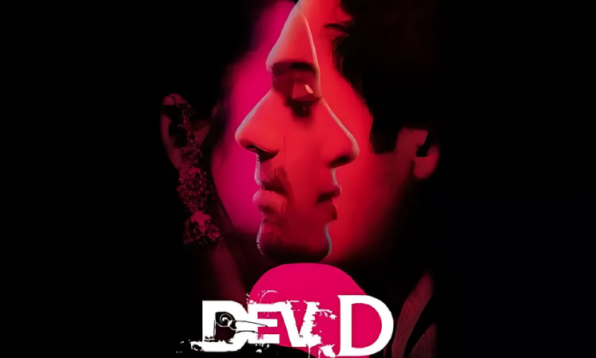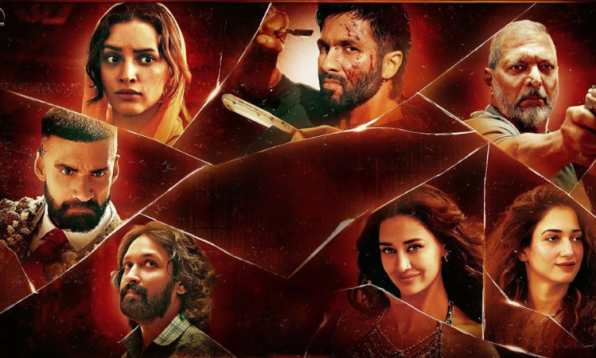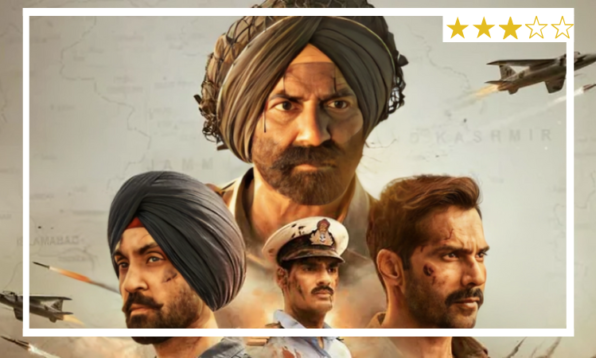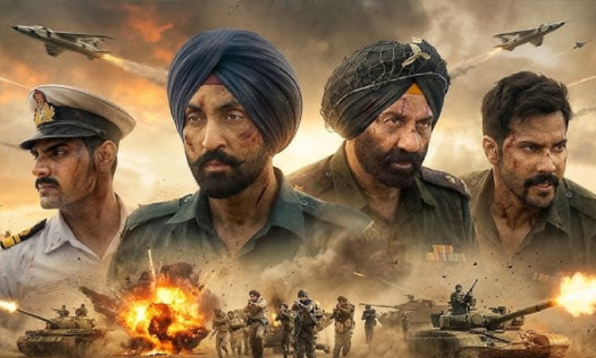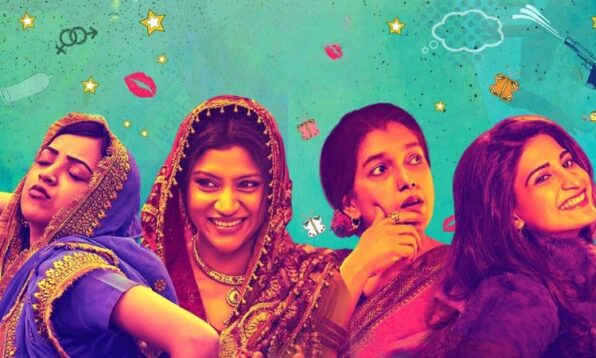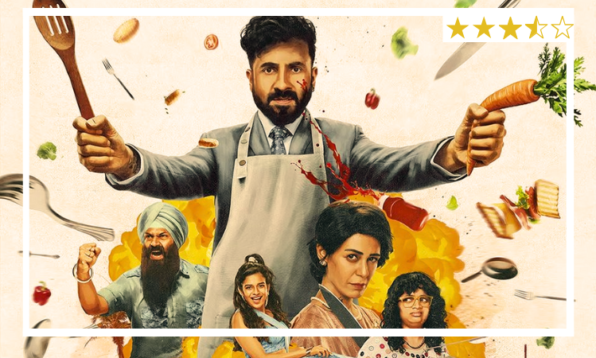When Dev.D hit theatres in 2009, it shocked people because no one really knew what to make of it. It was bold, rebellious, and something Bollywood hadn’t seen before. If you pay attention, you’ll realise it was very Gen Z-coded. But here’s the catch: Gen Z wasn’t even around as an audience back then. And yet, it feels like it was tailor-made for the Euphoria aesthetics, ‘bad bitch vibes’, ‘break-the-toxic-patterns’ generation.
Anurag Kashyap’s take on Devdas was unlike anything Bollywood had seen before. Instead of glorifying self-destructive male angst, Dev.D picked it apart. It called out the toxic masculinity trope, and in the process, gave us two of the most iconic female characters in modern Indian cinema, Paro and Chanda. And that’s exactly why Dev.D is more Gen Z than most films being made today.
A feminist retelling before it was trendy

In the Bollywood landscape of 2009, feminist narratives weren’t exactly mainstream. Women were either manic pixie dream girls with no agency or the ‘good wife’ patiently waiting for the hero to sort his mess out. Dev.D broke that mould, especially with Paro and Chanda.
Paro, played by Mahie Gill, was nothing like the Paro from previous Devdas versions. She wasn’t some tragic heroine who pined away for a self-destructive man. She had a backbone, a mind of her own, and zero patience for Dev’s nonsense. When he slut-shamed her, she didn’t beg for his approval. She flipped him off (figuratively, but also quite literally when she married another man). A woman choosing self-respect over ‘true love’ was groundbreaking back then. She also owned her sexuality; she wasn’t some sati savitri waiting for her prince to come by. She enjoyed herself, sent nudes to Dev, and asserted her agency.
Then there was Chanda, played by Kalki Koechlin, whose storyline was a scathing critique of Indian society’s double standards. The character highlights how women bear the brunt of society’s moral policing while men walk away unscathed. But instead of being a cautionary tale, Chanda owned her narrative. She wasn’t ashamed of being a sex worker, she built a life for herself on her own terms – something that screams Gen Z energy.
The death of the ‘Majnu’ trope

Gen Z has no patience for the ‘sadboi’ who drowns himself in alcohol and self-pity because a woman dared to have boundaries. And neither did Dev.D. Unlike previous versions of Devdas, where the protagonist was romanticised for drinking himself to death, Abhay Deol’s Dev was portrayed as what he truly was – an emotionally stunted, privileged man who created his own misery.
Dev’s self-destruction wasn’t poetic; it was pathetic. The film didn’t reward his pain; it forced him to confront it. There was no ‘noble suffering’ arc, no glorification of heartbreak. Dev had to clean up his own mess, which is exactly the accountability-driven mindset Gen Z expects today.
Dev.D walked so Gen Z cinema could run

We often talk about films being ‘ahead of their time’, but Dev.D is proof that some films don’t belong to one era – they just resonate when the world finally catches up. The film called out toxic masculinity before feminism became a dinner-table conversation. It gave women agency when Bollywood was still obsessed with making them sacrificial lambs. And it stripped the romanticism from male heartbreak long before ‘therapy speak’ became part of our vocabulary.
Dev.D didn’t wait for a woke audience. It existed unapologetically, with its feminist subtext, its anti-toxic masculinity stance, and its ‘IDGAF’ energy. And now, over a decade later, it feels more relevant than ever. Maybe that’s because Gen Z finally grew into the audience Dev.D was waiting for.
Featured Image Source
Related: Gen Z Is A Social Butterfly, Yet Isolated: Why Are They So Lonely?

 Web Stories
Web Stories
